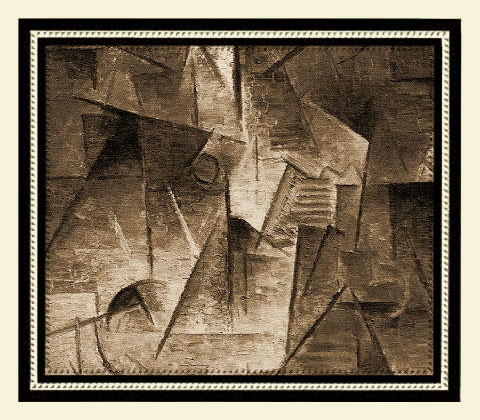Viena, 1869 — Rio de Janeiro, 1951 / Viena, 1908 — Rio de Janeiro, 2001
Friderike Zweig’s brother and his son Ferdinand Burger
Not much information has come down to us about Friderike Zweig’s older brother, Rudolf, born in Vienna in 1866. The primogeniture was passed on to Siegfried, for whom brother-in-law Stefan had great affection and with whom he had more contact. Although not qualified, he was a high ranking official of the Austrian Ministry of Transport, where his lawyer brother, Karl Burger (1874-1944), held a post as Honorary Counsellor.
The sister Leopoldine, Poldi, after marrying, took her husband’s surname, Mediansky, and emigrated to the USA.
The parents, Emanuel and Theresia Burger, born in 1844, were probably related (their parents had the same surname). He was certainly Jewish, she may have been Catholic, however they kept religion well away from their children’s upbringing. In 1905, aged 23, Friderike converted to Catholicism, following the example of her husband, Felix von Winternitz (who had converted in 1901). She took the middle name Maria at this time and became a devout Catholic.
In 1938, when Hitler annexed Austria and began to carry out racist violence, one of the first discriminatory measures was to force male Jews to add to their name the generic term “Israel”. The women had to adopt “Sara”.
It was with these names, Siegfried Ludwig Israel Burger and Clarisse Franziska Sara Burger, that they entered Brazil in April 1940 aboard the “Oceania”. They had managed to obtain a permanent resident’s visa thanks to the letter of application sent by the son, Dr. Ferdinand Burger, who had disembarked as an Austrian citizen, in other words before Austria had been integrated to the Third Reich.
There are indications that Zweig turned to his friends at Itamaraty in order to hurry through his in-laws’ visa application, since among the respective papers there is the number of the telegram the Ministry of the Exterior sent to the consulate in Vienna.
Ferdinand, the 32 year-old son, had a doctoral degree but the documentation states “commercial employee” and that he worked for the Brazilian branch of a large international firm.
They lived comfortably in separate homes in wealthy neighbourhoods: one at rua Faro, Jardim Botânico, the other at rua Domingos Ferreira, Copacabana. Zweig’s annotation in the agenda is unclear.
Stefan had good relations with the whole Burger family, especially Friderike’s nephews who lived in New York. He grew closer to Siegfried when he heard that he was in Rio. There are at least two letters which he wrote to his brother-in-law in August 1940 and November 1941. In the latter he lamented the brother-in-law’s and nephew’s constraint in visiting them in Petrópolis. Deeply depressed, it was an unusual display of affection.
There is no mention of the former sister-in-law, Clarisse Franziska (1880-1957). It is not known whether Ferdinand married, just that he lived to the age of 93.
On the eve of his suicide, in deciding the destiny of the few personal belongings, Stefan placed in an envelope addressed to Ferdinand his inseparable jewellery: the gold watch, the diamond ring from the little finger and also his cufflinks. These were certainly destined for his aunt. In the “private instructions” to his editor Koogan he requested that after the war he give Friderike, through Ferdinand, the valuable manuscript of Mozart’s Lied, “Das Veilchen” [The Violet], left over from his famous collection of autographs. Koogan obeyed and Ferdinand left a handwritten receipt, now in the archives of the National Library in Rio. Divorced and closely watched by Lotte’s brother, Manfred Altmann, Stefan never forgot his first wife, his confidante right up to his final moments.
Adresses listed: [Ferreira/ Rua Domingos, Copacabana, 187, Rio – erased] Rua Faro 38, (Jardim Botânico) Apt. 202 Telephon Ferdinand 23-1670
